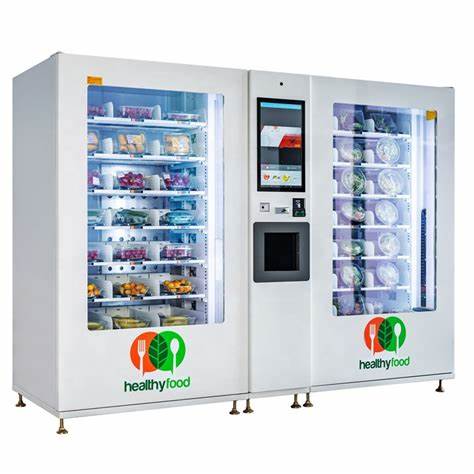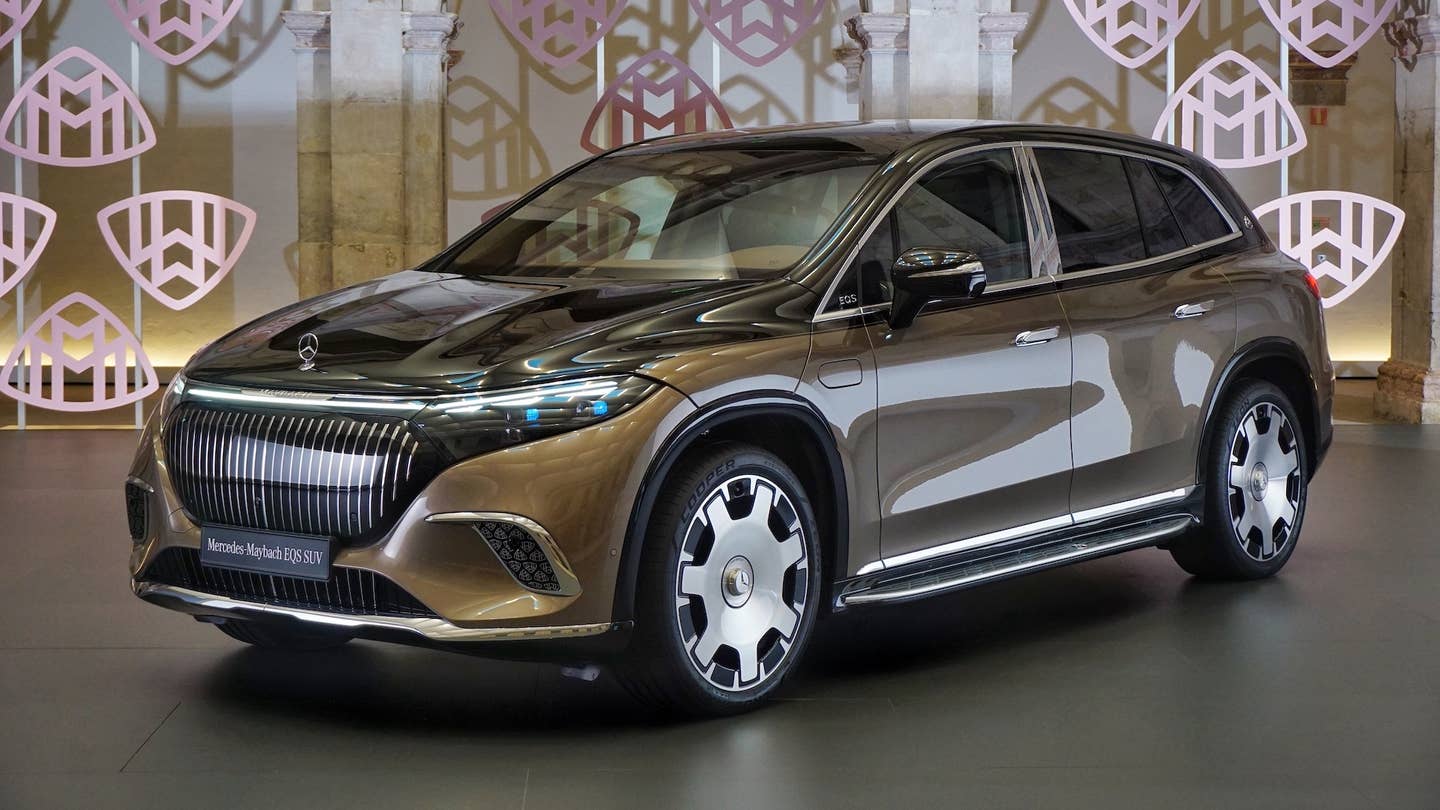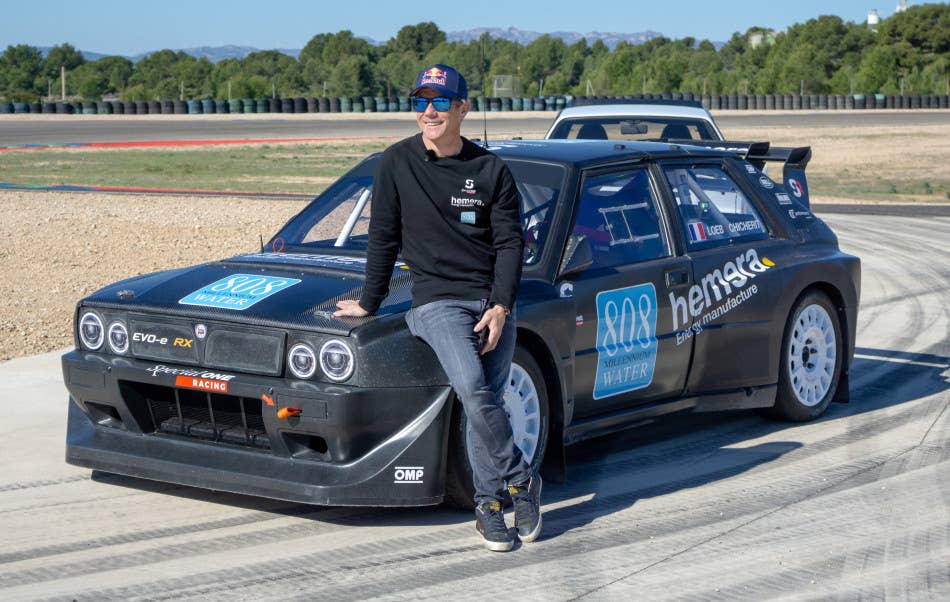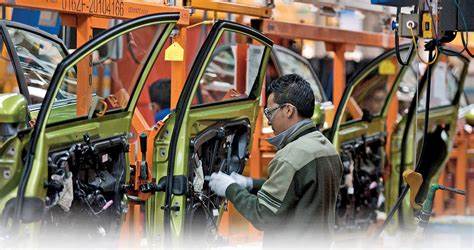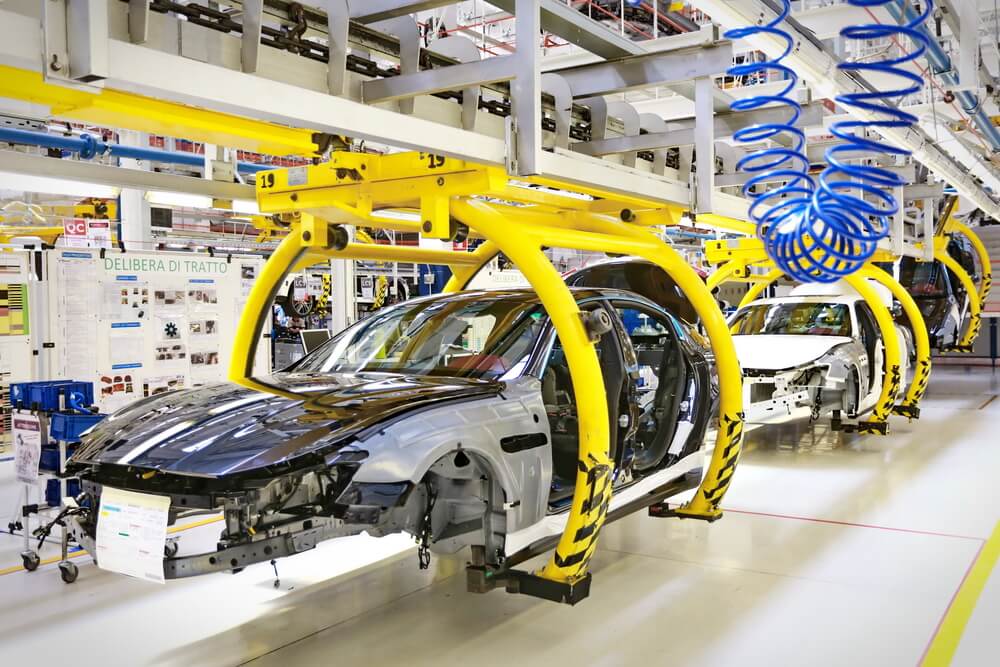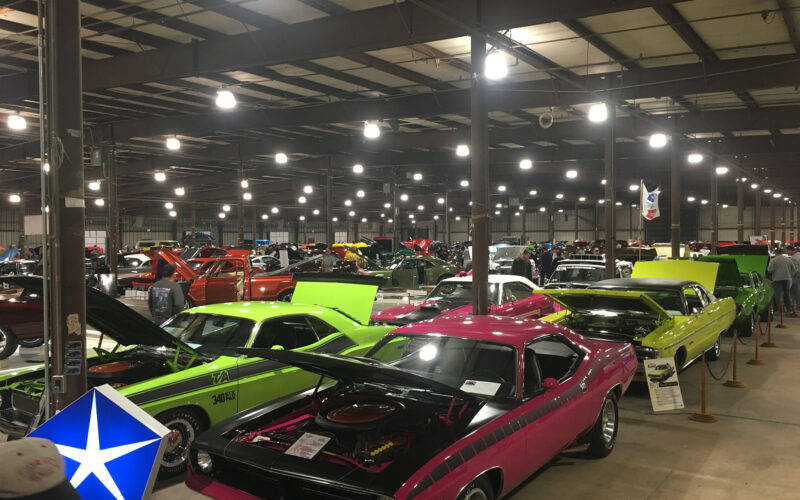Revving Up the Automotive Industry How Innovation is Transforming the Business

The automotive industry has long been a cornerstone of global economies, providing jobs and driving economic growth. However, in recent years, the industry has faced numerous challenges, such as shifting consumer preferences, increasing environmental concerns, and the rise of electric vehicles. In response, automotive companies have turned to innovation to transform their businesses and adapt to the changing landscape. This has led to a wave of technological advancements, from the development of autonomous vehicles to the integration of artificial intelligence and connectivity features. In this article, we will explore how innovation is revving up the automotive industry and shaping its future.
The automotive industry has been a cornerstone of the global economy for over a century. From the invention of the automobile to the mass production techniques pioneered by Henry Ford, the industry has continuously evolved and transformed. However, in recent years, a new wave of innovation has been sweeping through the automotive sector, revolutionizing the way cars are manufactured, driven, and serviced.
Electric Vehicles (EVs)
Contents
One of the major drivers of this transformation is the rise of electric vehicles (EVs). With the increasing concerns over climate change and the need to reduce carbon emissions, EVs have emerged as a viable and sustainable alternative to traditional gasoline-powered cars. Companies like Tesla have led the charge in developing high-performance electric vehicles that offer long ranges and quick charging times, making EVs a practical choice for consumers.
Autonomous Driving Technology
In addition to EVs, autonomous driving technology has also been a game-changer in the automotive industry. Companies like Google’s Waymo, Uber, and traditional automakers such as General Motors and Ford have been investing heavily in developing self-driving cars. These vehicles have the potential to not only improve road safety but also transform the way we commute, reducing congestion and improving overall efficiency.
Furthermore, connectivity and digitalization have become integral parts of modern vehicles, giving rise to the concept of the connected car. With features like in-car entertainment systems, advanced navigation, and real-time vehicle diagnostics, connected cars offer a whole new level of convenience and personalized driving experience. Moreover, these connected cars generate a wealth of data that can be leveraged by automakers to improve their products and provide better services to customers.
New Business Models
The automotive industry is also witnessing a shift towards new business models. Traditional car ownership is being challenged by the rise of car-sharing services like Zipcar and ride-hailing platforms such as Uber and Lyft. These services allow consumers to access a vehicle on-demand without the burden of car ownership. This shift in consumer behavior has forced automakers to adapt and explore new revenue streams, such as partnering with ride-hailing companies or developing their own car-sharing platforms.
Manufacturing and Driving
Innovation is not limited to the manufacturing and driving aspects of the automotive industry it is also transforming the way cars are serviced and maintained. The rise of electric and connected vehicles has led to a greater reliance on software and digital systems. As a result, automakers are investing in remote diagnostics, over-the-air software updates, and predictive maintenance capabilities. These advancements not only improve the overall efficiency of servicing vehicles but also provide a better experience for customers.
The automotive industry is at a crossroads, facing both challenges and opportunities. While the transition to electric and autonomous vehicles presents significant technological and infrastructural hurdles, it also opens up new markets and possibilities. With each passing day, innovation is reshaping the automotive landscape and transforming the way we think about transportation. As the industry revs up, it is crucial for automakers to embrace innovation and adapt to the changing times to stay competitive and meet the evolving needs of consumers.
